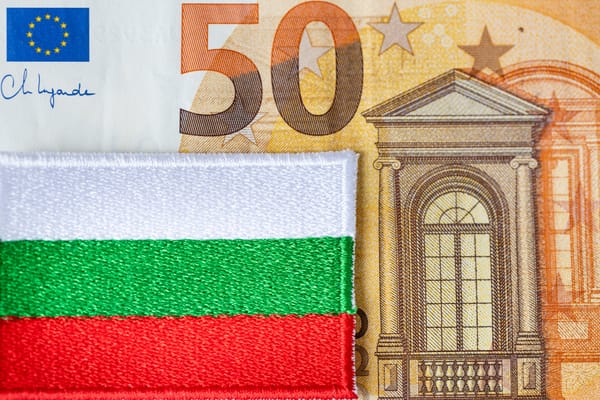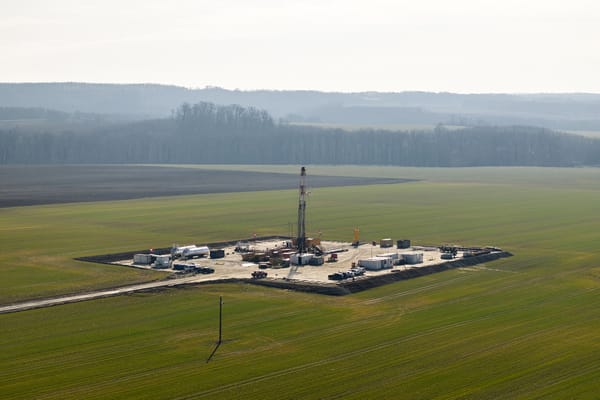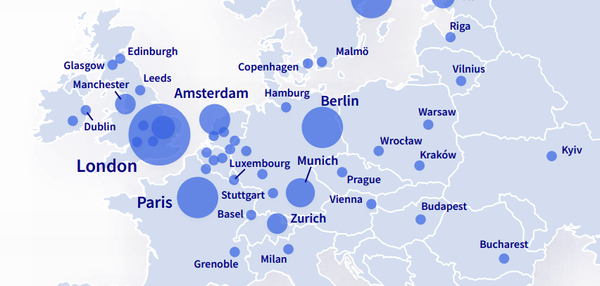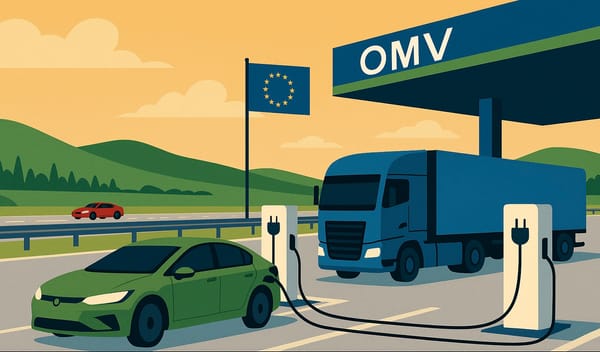
RRF deadline prompts flurry of applications from CEE countries
Central and Eastern Europe (CEE) countries Croatia, Hungary, Poland and Lithuania were among the 13 EU member states to request loans from the European Recovery Fund’s Recovery and Resilience Mechanism (RRF), the European Commission announced Friday.
The deadline for submissions of loan requests from the NextGenerationEU fund’s resources was 31 August. The fund, set up after the coronavirus pandemic, contains EUR 750bn, of them EUR 385.8bn in the form of loans.
The European Commission has forwarded the loan disbursement requests to the European Parliament and Council for final review, in the form of a three-page document entitled “Final Overview of Member-States’ Loan Requests Under the RRF.”
The EU introduced the EUR 2.02tn stimulus package from its long-term budget and also NextGenerationEU, to rebuild a greener, more digital, and more resilient Europe following the COVID-19 pandemic. It also includes funding to address the humanitarian consequences of Russia’s aggression in Ukraine.
The process for these modifications and requests for funds involves forensic evaluation by the European Commission to ensure alignment with established criteria and regulations, with subsequent proposals then submitted to the EU Council for approval by Member States.
According to RRF regulations, where the loan request of a member-state exceeds the threshold of 6.8% of that member-state’s 2019 gross national income, the European Commission can also take exceptional circumstances into account.
Croatia tweaks RRF application
Croatia requested modifications to its RRF plan in its submission, prompted by several factors, including high inflation in 2022, supply chain disruptions, the need to secure loans, and a reduction in its maximum RRF grant allocation from EUR 6.3bn to EUR 5.5bn.
Croatia’s proposed plan modification also involves changes to 39 planned measures and increased funding for certain measures outside the REPowerEU section.
The modified plan’s total value amounts to EUR 10.2bn, including a request to transfer EUR 7.2mn euros from the Brexit Adjustment Reserve Fund. In addition, Croatia will be allocated REPowerEU grants worth EUR 269mn.
The REPowerEU chapter encompasses initiatives for energy security, renewable energy sources, energy-efficient buildings, transport and fossil-free hydrogen. Croatia’s modified plan includes 7 new reforms and 12 additional investments to advance the objectives of REPowerEU, along with the scaling up of 8 existing measures.
As with all the plans, the Commission will have two months to assess whether it still meets the RRF assessment criteria. Member States then have four weeks to endorse the assessment.
Poland also applies for infrastructure expansions in gas, electricity
Poland has also submitted an application to modify its National Recovery Plan and incorporate a section into the REPowerEU plan aimed at reducing the EU’s reliance on Russian fossil fuels. Poland’s plan modification includes the addressing of high inflation this year and last, as well as challenges in implementing certain measures to deadline.
Poland’s proposal includes a downward revision of its maximum RRF grant allocation from EUR 23.9bn to EUR 22.5bn, in line with the June 2022 update of the RRF grant allocation criteria and Poland’s improved economic performance in 2020 and 2021.
Poland’s modified plan also introduces a new chapter under the REPowerEU plan, focusing on developing electricity distribution networks in rural areas, supporting institutions involved in related activities, and expanding natural gas infrastructure for reasons of diversification.
Additionally, Poland has requested additional loans of EUR 23bn to finance the revised plan, in addition to the EUR 11.5bn in loans already granted under the original plan.
With the allocation of RRF and REPowerEU grants amounting to EUR 22.5bn and EUR 2.76bn, respectively, the modified plan’s total value reaches nearly EUR 60bn.
Hungary goes cap in hand to EU despite ongoing disputes
Hungary meanwhile submitted a EUR 3.9bn RRF application for developing energy infrastructure, efficiency and green transition. The projects funded under the RRF are required to be completed by the end of summer 2026.
Hungary also requests support for the Erasmus higher education programme until the second half of 2024, despite its suspension from the scheme.
The release of EU cohesion funds to Hungary may follow after the European Commission’s assessment of Hungary’s responses to concerns about the rule of law in the country.
Lithuania to make up development shortfall with loans
In the north of CEE, Lithuania has applied for an RFF loan of up to EUR 1.8bn. Lithuania was originally eligible for up to EUR 3bn in grants and EUR 2.2bn in loans, but the grant amount was reduced by EUR 125mn.
Lithuania intends to cover this shortfall by using funds from the RRF loan and additional REPowerEU resources, totalling EUR 193.7mn to support loans to businesses for green, innovative, and digital technologies, and the production and export of high-value-added products.





